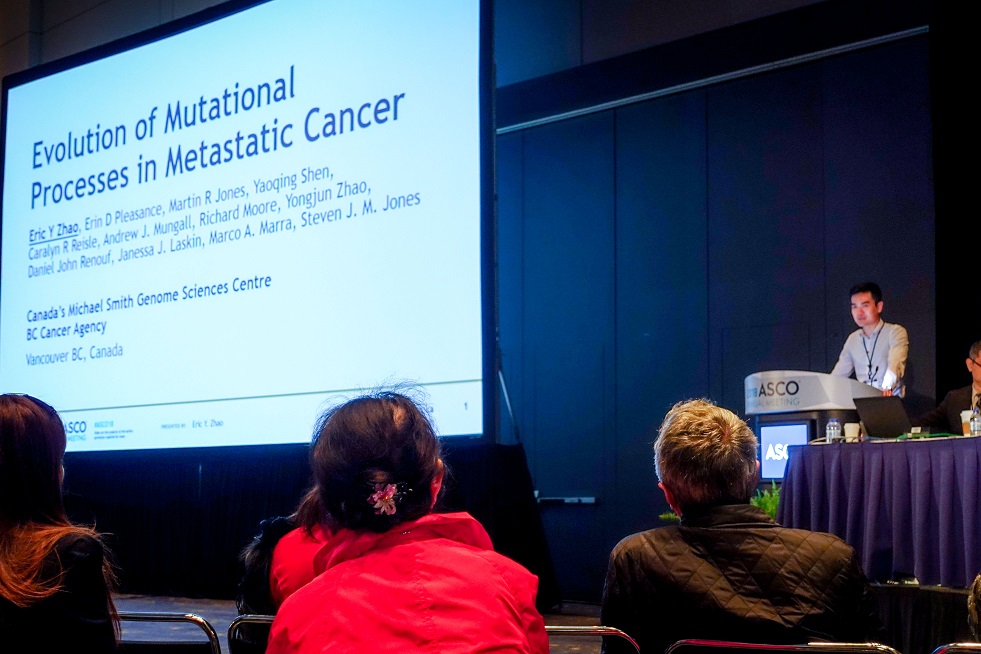Thesis Defence on May 7th, 2018

My thesis defence is scheduled on May 7th, 2018 at 9:00 AM. It will take place at the Gordon & Leslie Diamond Healthcare Centre. For complete details, please see my thesis defence programme.
UBC Thesis Defences are open to the public. However, please note that latecomers will not be admitted, and anyone who leaves the room will not be permitted to re-enter.
I will begin by giving a 30 minute presentation overviewing my thesis. This will be followed by roughly 2 hours of questioning by the committee. There will also be a chance for the audience to ask questions at the end. Feel free to stay for just the 30 minute presentation, or the entire event. If you leave the room you will not be permitted to re-enter.
There is a no food or drink policy in the room, but drinks in containers with lids are okay. I will provide coffee, tea, and water.
Complete details, including my abstract and the names of examination committee members, can be found in the thesis defence programme: http://www.eyzhao.com/media/thesis_defence_programme.pdf
Summary of my Research
Over the past five years, I have been analyzing cancer genomes to uncover new markers of treatment response and resistance. My goal is to unearth the clinical consequences of cancer’s ability (or inability) to repair its own DNA. This involves developing and applying novel statistical and machine learning methods to find targetable biomarkers hidden in patterns of DNA mutation. I work within the BC Cancer Agency’s innovative Personalized Oncogenomics Project (www.personalizedoncogenomics.org), which has been featured on CBC’s “The Nature of Things” (http://www.cbc.ca/natureofthings/episodes/cracking-cancer).
Changes in DNA, known as mutations, happen for many reasons such as exposure to cigarette smoke and ultraviolet rays. Healthy human cells have tools to fix mutated DNA, but cancer cells often lose this ability. This might make tumours vulnerable to chemotherapy designed to damage DNA, because healthy cells can repair this damage but cancer cells cannot. Can we tailor treatments to exploit this vulnerability? To answer this question, we detected all the mutations in about 500 late-stage cancers of different types. The patterns of DNA mutation can reveal if a cancer is properly repairing DNA. Within breast cancers, we found that cancers unable to repair broken DNA were more sensitive to chemotherapies called cisplatin and carboplatin. This could help improve personalized treatment plans for some cancer patients. We also found mutation patterns caused by chemotherapy, showing that cancer treatments themselves can alter DNA.
